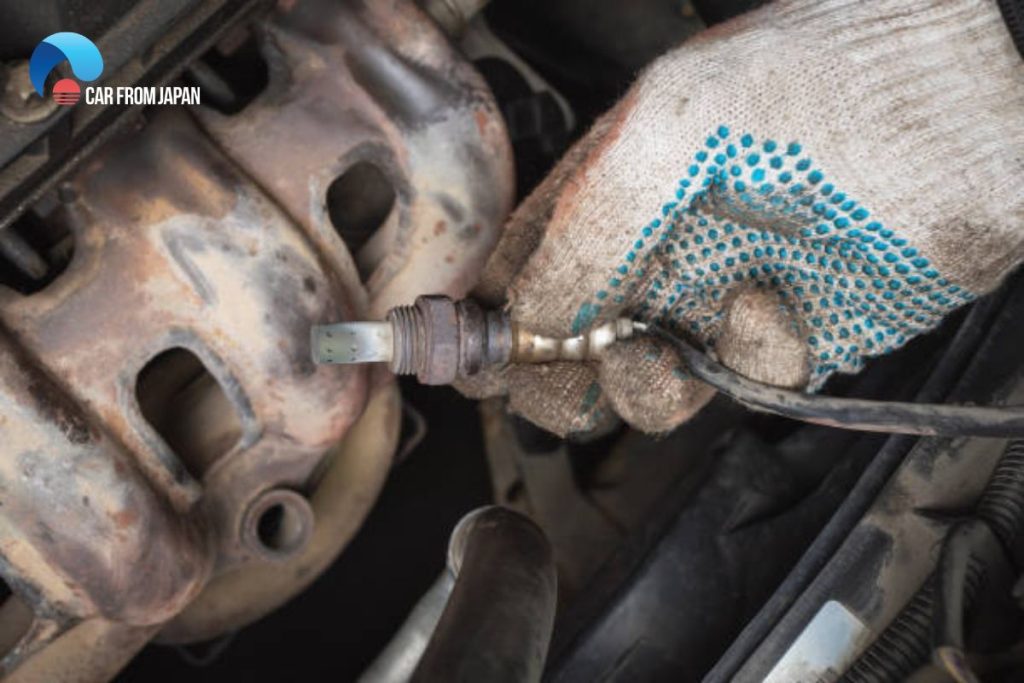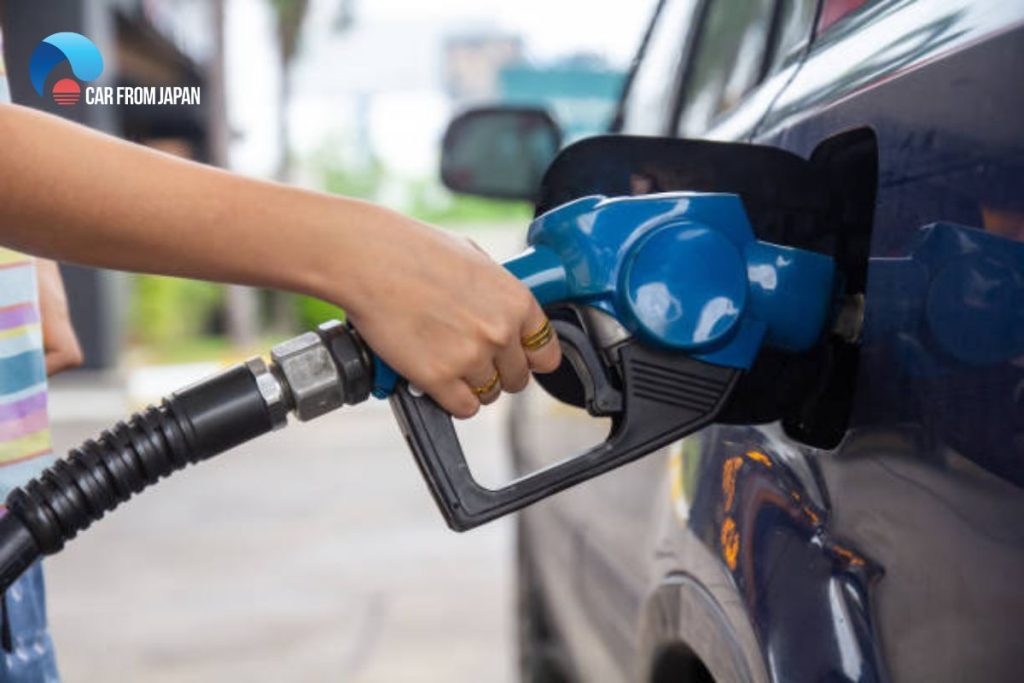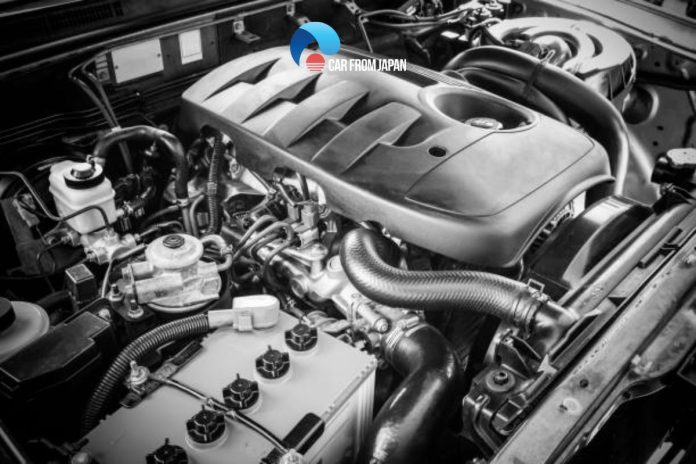If your diesel car hesitates or struggles to gain speed when you push the gas pedal, you’re likely experiencing a loss of power during acceleration. This is a clear sign that something isn’t right with your engine’s performance, and for diesel engines known for their torque, it’s particularly noticeable. Various factors can lead to this issue, from simple fixes to more complex problems. We’ll explore the common causes of a diesel losing power when accelerating to help you pinpoint the problem.
Contents
- Reasons Why Diesel Cars Losing Power When Accelerating
- FAQs
- Are there engine-related issues that can lead to diesel losing power when accelerating?
- How can I prevent power loss in my diesel engine during acceleration?
- What role does the turbocharger play in diesel engine power loss during acceleration?
- How can I identify a malfunctioning turbocharger as the cause of power loss?
- Can a malfunctioning EGR (Exhaust Gas Recirculation) system affect power in a diesel engine?
- What signs should I look for to determine if the EGR system is causing power loss?
- Conclusion
Reasons Why Diesel Cars Losing Power When Accelerating
Bad fuel filter
The fuel filter plays a crucial role in screening fuel before it enters the engine. When the fuel filter becomes clogged, it impedes the flow of fuel to the engine, causing a decrease in engine performance. You may notice a lack of power during acceleration and occasional jerking.
To address this issue, locate the fuel filter, which can be found in the engine bay or near the fuel tank in your car’s trunk. If you possess the necessary skills, replace the clogged fuel filter yourself, or take your vehicle to a local mechanic for replacement.
Blocked air filter
For proper engine function, clean air is essential. If dust and other particles infiltrate the combustion chamber, it can lead to engine damage.
To ensure the continuous flow of clean air to the engine, an air filter is utilized. However, this filter becomes ineffective after approximately 15,000 to 30,000 miles, depending on driving conditions.
Neglecting to replace the air filter as needed will result in a noticeable decline in your car’s performance.
Obstructed exhaust system
The exhaust system’s role is to expel harmful and unnecessary gasses from the engine. The faster these gases are expelled, the sooner the engine can initiate combustion, resulting in increased engine power.
Conversely, obstructions such as a restrictive catalytic converter or a clogged exhaust hinder engine performance.
While aftermarket cleaners can address clogged catalytic converters, using a quality fuel system additive every 3,000 miles can help reduce the contaminants that lead to clogging in the first place, eliminating the need for unclogging.
Bad MAF sensor
The Mass Airflow Sensor (MAF) measures the required air intake for acceleration.
It relays this measurement to the Engine Control Unit (ECU), which adjusts the throttle accordingly. A malfunctioning MAF that inaccurately measures airflow can lead to a significant power loss.
These sensors can deteriorate due to heat and dust accumulation. Regularly cleaning them with specialized products can enhance their functionality and, consequently, the engine’s efficiency.
Oxygen sensor malfunction

While the MAF measures incoming air, the oxygen sensor gauges the gasses exiting the engine. It is typically located in the exhaust pipe. When the MAF readings align with the Oxygen sensor readings, it indicates your car is running smoothly.
The oxygen sensor also impacts the fuel injection system, making its proper operation crucial for your car’s performance.
A malfunctioning oxygen sensor can result in a rich air-fuel mixture, adversely affecting fuel economy. Fortunately, replacing this sensor is relatively inexpensive and straightforward.
Carbon buildup on fuel injectors
Fuel injectors play a vital role in introducing fuel into the combustion chamber under high pressure, similar to a spray.
Precise fuel delivery is essential for proper combustion, as even a slight miscalculation can disrupt the combustion cycle, leading to power loss or, in extreme cases, damaged pistons.
Carbon buildup, often caused by low-quality fuel, can obstruct the injectors’ ability to spray fuel into the cylinders, resulting in decreased performance. This issue can be resolved by using a high-quality fuel system cleaner.
Weak fuel pump

The fuel pump’s primary function is to deliver fuel from the tank to the engine, requiring sufficient pressure. Insufficient pressure can impede the fuel injectors’ ability to deliver the correct amount of fuel to the combustion chamber, resulting in diesel losing power when accelerating.
While a faulty fuel pump may not pose issues at low speeds, it can hinder quick acceleration. Fortunately, replacing a fuel pump is a straightforward process.
FAQs
Yes, engine problems like worn-out piston rings, damaged valves, or a faulty turbocharger can result in power loss. It’s essential to perform a comprehensive engine inspection to identify such issues.
How can I prevent power loss in my diesel engine during acceleration?
Regular maintenance, including changing fuel filters, cleaning or replacing air filters, and following manufacturer-recommended service intervals, can help prevent power loss.
Additionally, using high-quality fuel and avoiding overloading the engine can also contribute to better performance.
What role does the turbocharger play in diesel engine power loss during acceleration?
The turbocharger increases air intake pressure, improving engine performance. If the turbocharger is faulty or not functioning correctly, it can lead to power loss during acceleration.
How can I identify a malfunctioning turbocharger as the cause of power loss?
Symptoms of a faulty turbocharger may include excessive exhaust smoke, unusual noises (like whining or grinding), and decreased power. A professional mechanic can perform tests and inspections to diagnose turbocharger issues.
Can a malfunctioning EGR (Exhaust Gas Recirculation) system affect power in a diesel engine?
Yes, a malfunctioning EGR system can lead to power loss by recirculating excessive exhaust gasses, which can reduce the availability of fresh air for combustion. This can result in reduced engine power.
What signs should I look for to determine if the EGR system is causing power loss?
Signs of EGR-related issues may include rough idling, increased exhaust emissions, and a lack of power during acceleration. A diagnostic scan or inspection by a mechanic can confirm EGR system problems.
Check out this video from 8020 Media for more information on causes & solutions for a vehicle losing power when accelerating in general!
Conclusion
When your diesel car loses power as you speed up, it’s usually because it’s not getting enoughfuel(think clogged filters or a weak pump), enough air(dirty air filter, turbo issues, or a stuck EGR valve), or it can’t get rid of exhaust properly (like a blocked DPF). Pinpointing the exact cause is key to getting your diesel back to its full strength.
Now you know some reasons why diesel losing power when accelerating. Hope you will find this article helpful and see you again on more Car Maintenance tips with Car From Japan!



